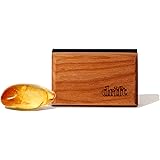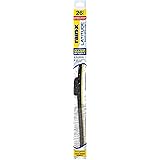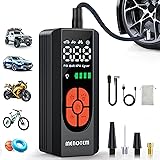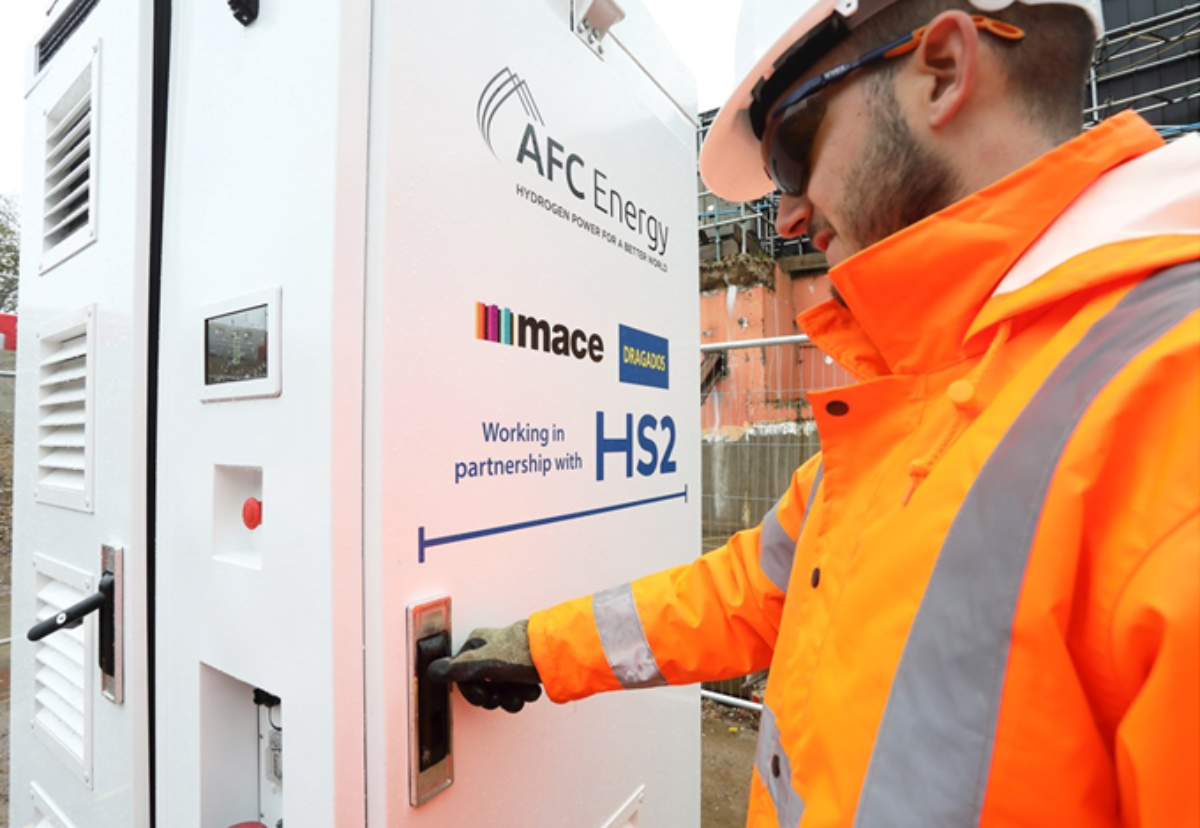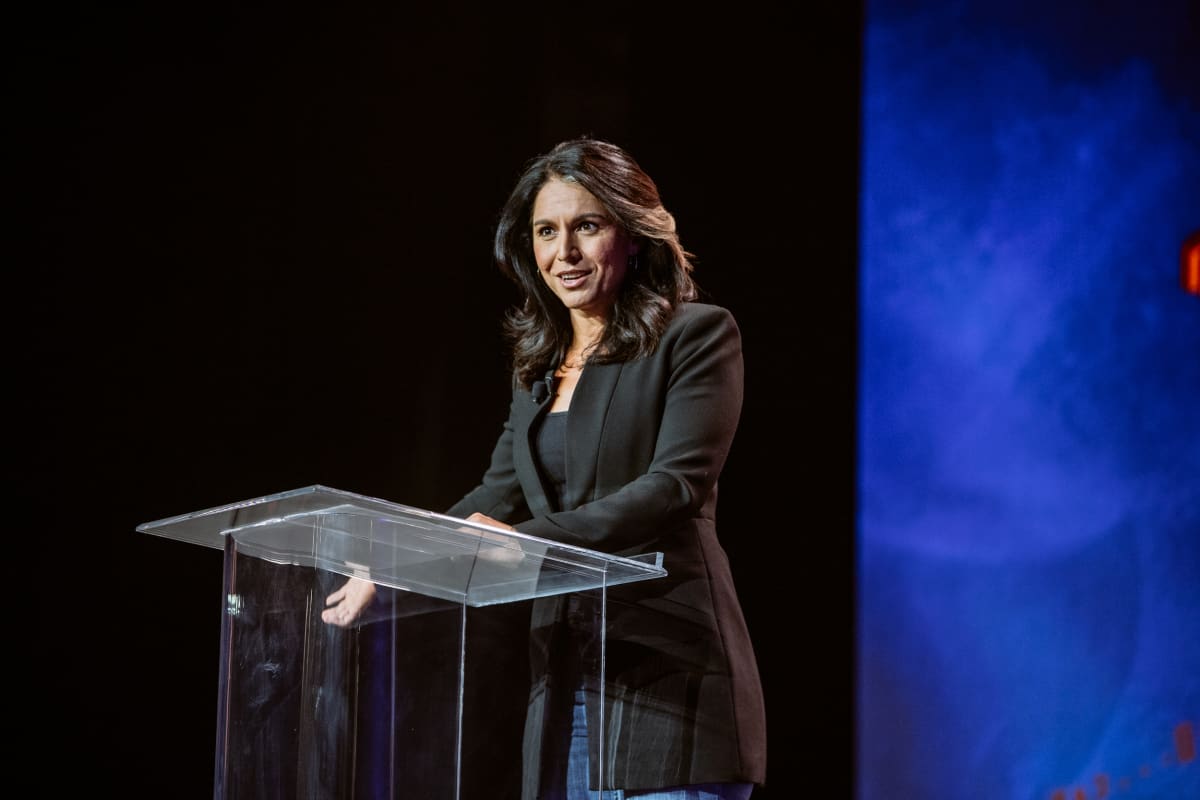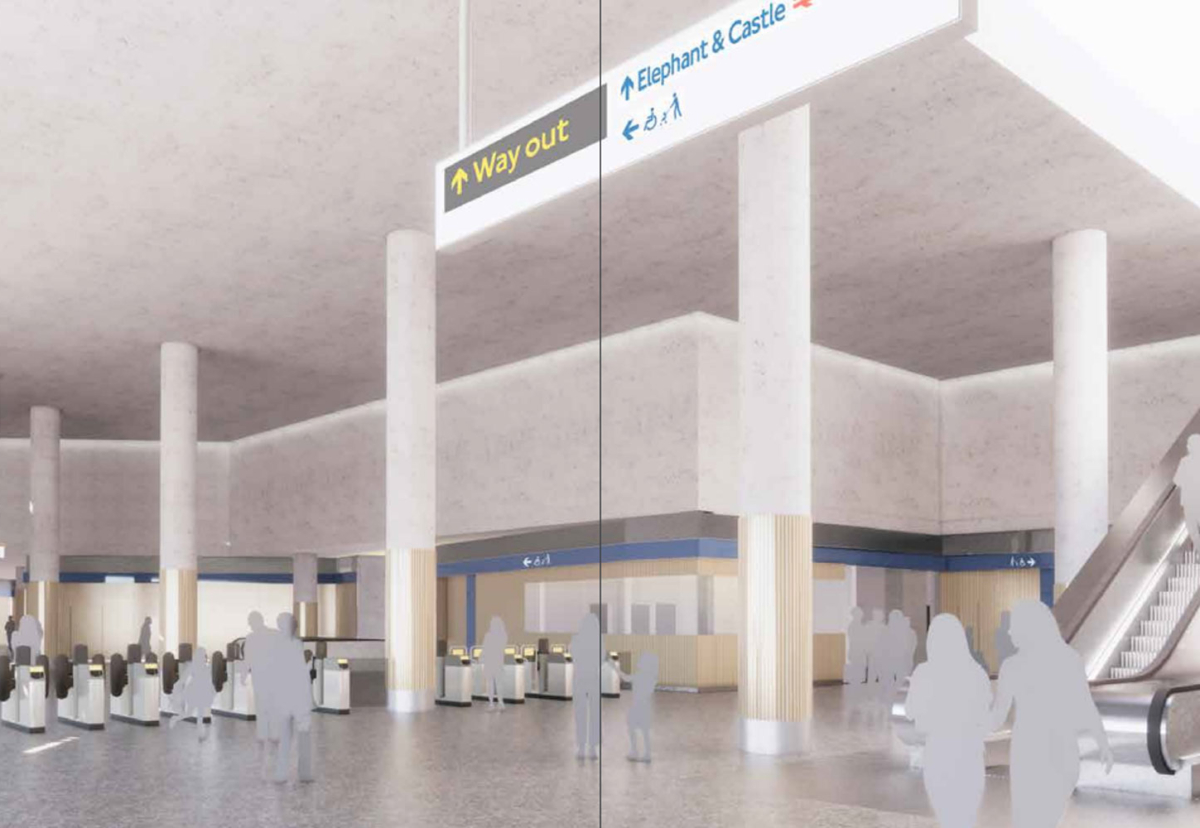Transport Minister Mark Bailey said the move to build the next generation of electric buses locally would help Queensland achieve its commitment to phase out diesel buses.
“We have committed to seeing every new Translink bus be zero emission in south-east Queensland from 2025, and in the regions between 2025 and 2030,” Mr Bailey said.
“The south-east Queensland diesel bus fleet emits over 12,000 tonnes of CO2 a month and the staged implementation of this program will see a 50 per cent reduction by 2030 and an 80 per cent reduction by 2035.
“By making these new, electric buses here in Queensland we can ensure we meet these targets, while supporting good jobs for Queenslanders.”
Last year the Palaszczuk government accelerated its commitments to reduce the state’s carbon emissionsvowing to phase out coal by 2035 and increasing its renewable energy target to 70 per cent by 2032 and 80 per cent by 2035.
While the focus has been on building more solar, wind and pumped hydro to replace its fleet of coal-fired power stationsQueensland will also require tough action on other sectors such as transport.

Acting Premier Steven Miles said there was no reason why Queensland could not manufacture its own buses.Mark Ludlow
There are currently only 23 electric buses in Queensland from a fleet of 4700; a target of 60 electric buses by the end of the year has been set.
Mr Bailey said the transition to net zero emissions, including funding, procurement, construction, asset ownership and supply of renewable energy, would require a different model to the diesel bus operating contracts.
“We are approaching bus manufacturers across the state right now to engage with my department so we can understand what’s possible, and how we can best support a commitment of this magnitude,” he said.
“We already have some buses being built on the Gold Coast, in Brisbane, and around the regions, so I want to know how we can capitalise on this existing skill set and expand.”
Note: This article have been indexed to our site. We do not claim legitimacy, ownership or copyright of any of the content above. To see the article at original source Click Here




